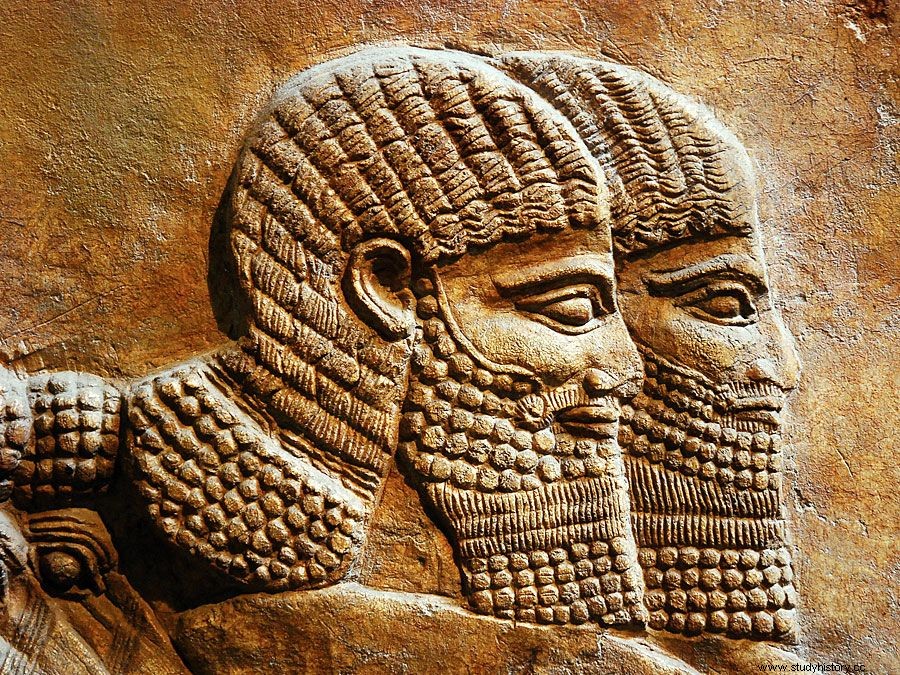Samaria , Hebrew Shomron , the central region of ancient Palestine. Samaria stretches 40 miles north to south and 35 miles east to west. It is bounded on the north by Galilee and on the south by Judea; in the west it was Mediterranean and to the east of the Jordan . The mountain ranges of southern Samaria continue into Judea without a clearly marked division.
 Britannica Quiz The Middle East:Fact or Fiction? Is the literacy rate very high in Afghanistan? Does Yemen take its name from the Arabic word "northern"? Sort the facts in this quiz about Syria, Iraq and other Middle Eastern countries.
Britannica Quiz The Middle East:Fact or Fiction? Is the literacy rate very high in Afghanistan? Does Yemen take its name from the Arabic word "northern"? Sort the facts in this quiz about Syria, Iraq and other Middle Eastern countries. Ancient Shechem (near modern Nablus) in central Samaria served as the region's crossroads and political center.
At the time of The Israelite Conquest of Palestine, the strategic sites of the Samaria region were in Canaanite hands. Although the Israelites were able to gain a foothold in the hill country, some of the main Canaanite strongholds in the neighboring plains or valleys successfully resisted until the days of King David (10th century v . Ch. ). The region of Samaria was given to the house of Joseph, ie the tribe Ephraim and half of the stem Matched to Manasseh . After King's death Solomon (10th century) the northern tribes, including those of Samaria, separated from the southern tribes and founded the separate Kingdom Israel . The capital was first Tirzah (perhaps modern Tall al-Fāriʿah) and then ab Omri (876–869 or approx. 884– 872 v . Chr. ) Moved to the city of Samaria, then to a new city built on a hill about 11 km northwest of Shechem. Although the northern kingdom was often stronger than Judah in the south and experienced greater economic development, it was crushed by Assyria in 722 and much of its population was taken captive.
In New Testament times, Samaria was under Roman control and was to some extent a center of Hellenistic Culture . Jesus had little to do with the Samaritans, but Greek-speaking Christians preached to them in the apostolic age; This sermon marked a transitional phase in the Church's expansion into the Gentile world. The Samaritan sect, which originated in the northern Israelite form of the Mosaic religion, exists in Nablus still in small numbers and only accepts the Pentateuch as a scripture ( see Samaritan ).
